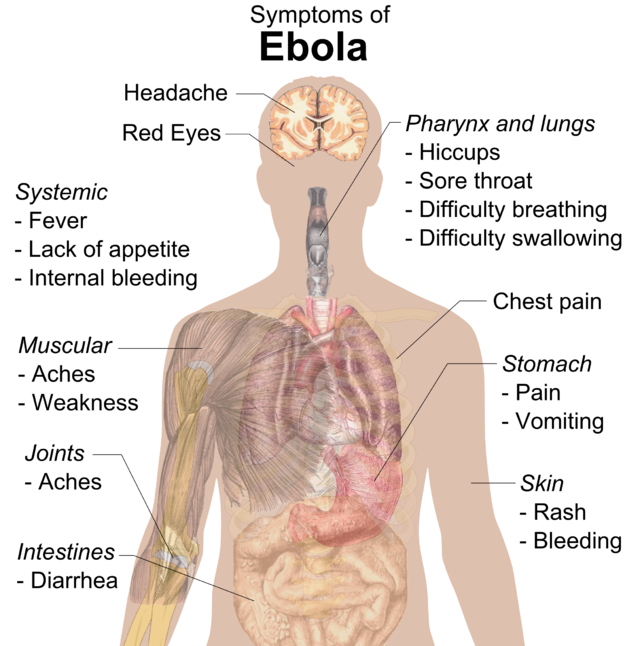
[T]his morning, the World Health Organization announced the results of their two-day deliberations regarding the continuing outbreak of Ebola in West Africa. It’s official. The members voted unanimously to label Ebola Virus Disease and the current conditions of the outbreak as a Public Health Emergency of International Concern (PHEIC).
So, what does that mean? Basically, it means WHO is now dictating behavior within affected ‘states’ (countries) and those countries with ‘possible’ cases. The current states in West Africa will have to declare national emergencies and allow their health ministers more power.
Here is what might happen here very soon:
States with a potential or confirmed Ebola Case, and unaffected States with land borders with affected States
- Unaffected States with land borders adjoining States with Ebola transmission should urgently establish surveillance for clusters of unexplained fever or deaths due to febrile illness; establish access to a qualified diagnostic laboratory for EVD; ensure that health workers are aware of and trained in appropriate IPC procedures; and establish rapid response teams with the capacity to investigate and manage EVD cases and their contacts.
- Any State newly detecting a suspect or confirmed Ebola case or contact, or clusters of unexplained deaths due to febrile illness, should treat this as a health emergency, take immediate steps in the first 24 hours to investigate and stop a potential Ebola outbreak by instituting case management, establishing a definitive diagnosis, and undertaking contact tracing and monitoring.
- If Ebola transmission is confirmed to be occurring in the State, the full recommendations for States with Ebola Transmissionshould be implemented, on either a national or subnational level, depending on the epidemiologic and risk context.
To learn more about the guidelines, read the full statement via WHO | WHO Statement on the Meeting of the International Health Regulations Emergency Committee Regarding the 2014 Ebola Outbreak in West Africa.
